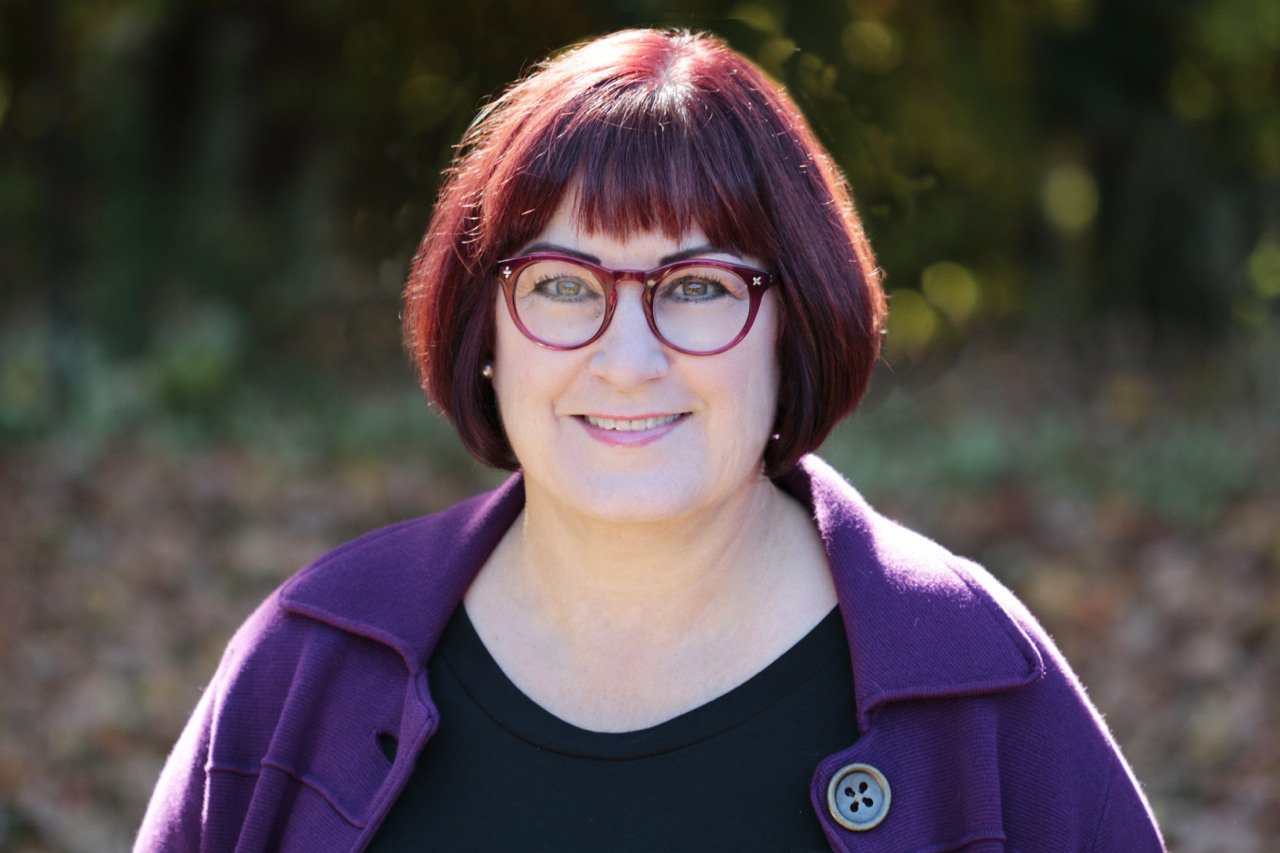The leading barrier to treatment entry by people abusing substances is fear of stigma.
 Words matter. Our beliefs about substance abuse and compulsive behavior problems—and the potential for change—are built into the words we use to speak about them. Maybe more importantly in this case is that words are reflective of culture beliefs, and the conveyors of those beliefs and attitudes.
Words matter. Our beliefs about substance abuse and compulsive behavior problems—and the potential for change—are built into the words we use to speak about them. Maybe more importantly in this case is that words are reflective of culture beliefs, and the conveyors of those beliefs and attitudes.
And beliefs inform behavior. One study found that treatment providers who referred to patients as “addicts” had significantly more negative attitudes towards them when compared to treatment providers who referred to patients as having “substance use disorders.”
Words are an attitude, a belief, and have an impact. The leading barrier to treatment entry by people abusing substances is fear of stigma. Stigma is conveyed by word choice. “I’m glad you’re here, Mr. Smith, and it’s important that you’ve recognized you are an alcoholic” Ouch! “I thought I was just drinking too much in the evening! Maybe this isn’t the place for me..maybe they are going to view me a certain way..maybe I’ll do this on my own”. Words matter because they convey meaning and attitude, and they set up barriers and roadblocks.
The fortunate inverse of this is that words are hugely powerful mediators of positive change as well. Some of our most successful treatments (e.g. Motivational Interviewing) are predicated on use of language by the therapist that is non-confrontational, respectful, conveys a sense of collaboration, and demonstrates empathy and understanding of the other person. All with words!
Additionally, this approach places a lot of emphasis on facilitating certain language from the client, called “change talk”, that has been demonstrated to predict positive change. So our language matters, and the language of the person we are trying to help matters.




